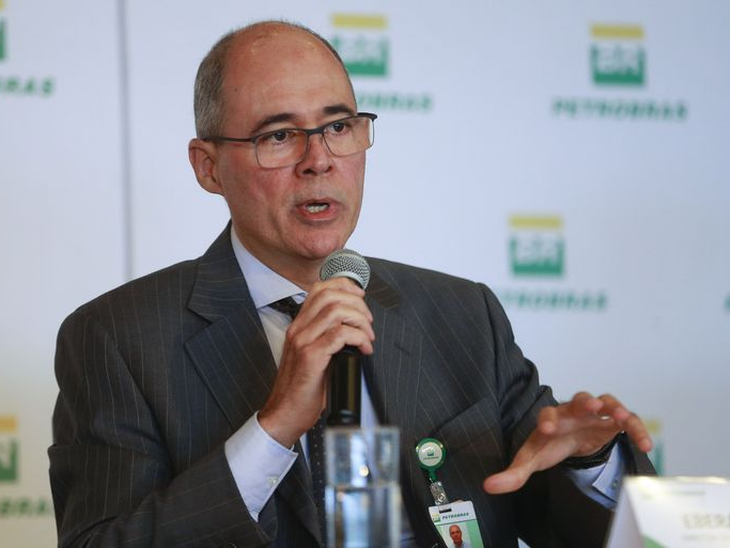Pre-salt and the New Gas Law are growth opportunities for the pipeline sector
Pipelines are also more efficient and reduce emissions in the fuel segment, say speakers on the first day of Rio Pipeline, an event held by the IBP
T&B Petroleum/Press Office IBP11/11/2021 02:13

The pipeline segment has great potential for expansion in the country with the opening of the natural gas market and greater pre-salt production, in addition to being a transport alternative that allows the movement of large volumes of fuel with lower gas emissions stove. These are some of the conclusions of the debates on the first day of the Rio Pipeline 2021, an event promoted by the Brazilian Institute of Oil and Gas (IBP).
The president of the IBP, Eberaldo de Almeida Neto (photo), highlighted that Petrobras' divestments in the pipeline segment and the New Natural Gas Law open up many opportunities for growth in this market, attracting investments to the country. Brazil still, he says, has a relatively small pipeline network – equivalent to 2% of the US gas pipeline network, for example.
The current demand for natural gas in the national market is around 90 million m3/day. Of this total, approximately 40 million m3/day are supplied by domestic production, with 76% of this volume coming from the pre-salt. During the event, possibilities for the application of the large volume of additional offshore natural gas in the coming years were discussed.
Alexandre Cerqueira, Shell's manager of energy regulatory affairs for South America, sees space for the development of integrated gas hubs and projects for sectors such as the chemical and fertilizer industries. To achieve this goal, he says, investments in new infrastructure will be necessary.
Gustavo Labanca, president of TAG, who also believes in diversifying the use of gas, highlighted that having an integrated network is essential for maintaining a sustainable market in the long term, attracting more agents and generating more competition.
Integrating the natural gas pipeline system to meet the demands of the electricity sector is yet another challenge facing the downstream chain infrastructure, according to the speakers. Edmar Almeida, a professor at the Energy Institute at PUC-Rio, points out that there is a lot of room for growth in the business models of gas-fired thermal generation. "It is important that the thermal plants enter the transport system to seize the opportunity for the gas industry."
FUELS
For Eberaldo Almeida, president of the IBP, the movement of fuels and other petroleum products by road imposes limits on economic growth and on full security of supply in the country.
"The pipelines are a safe and clean way to transport fuel," stated the manager of Integrated Solutions and Optimization at Transpetro, Juter Isensee Neto, highlighting the low carbon emission of the pipeline activity.
"We have huge potential for the pipeline area and Petrobras cannot be the only agent," he said, noting that the sector is going through a transition phase with the sale of Petrobras assets.
As an example of lower emissions, the manager mentioned the oil pipeline that connects São Paulo to Brasília, transporting 800 thousand m3 of products per month. To transport the same amount of fuel, 13,345 truck trips would be needed, which consumes diesel.
Heloisa Borges Bastos Esteves, director of Oil, Gas and Biofuel Studies at the Energy Research Company (EPE), highlighted that the oil and gas sector, which uses pipeline transport, needs to be supported by three pillars towards the energy transition: increase efficiency, technological evolution and use of renewable sources.
Rio Pipeline, one of the most important events in the pipeline sector in the world, takes place this year virtually until Thursday (11.11), and has the participation of more than 1,270 delegates from 26 countries.
The event is sponsored by Petrobras, NTS, Rosen, TAG, TBG, ATGÁS, AMPP, Compass, Herrenknecht, Tenaris, Wood and Elastomeros, and has the participation of the Federal Government.
More information: www.riopipeline.com.br.





